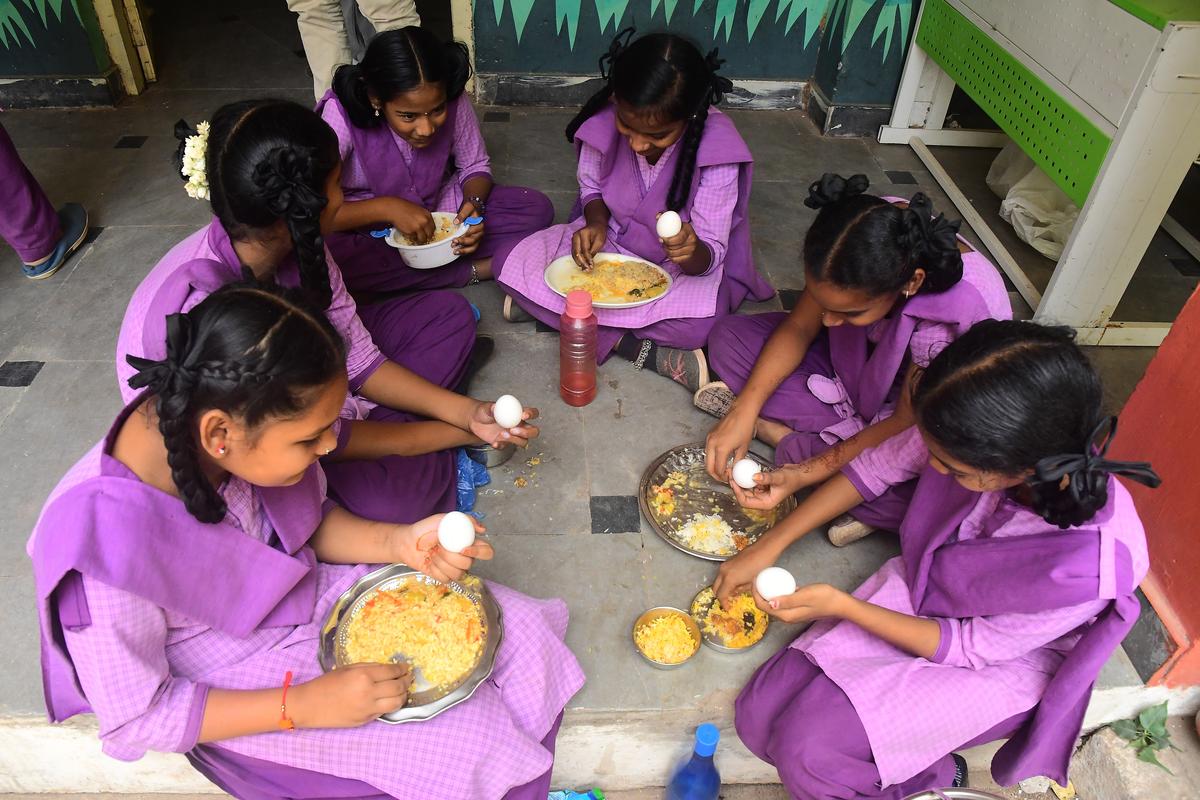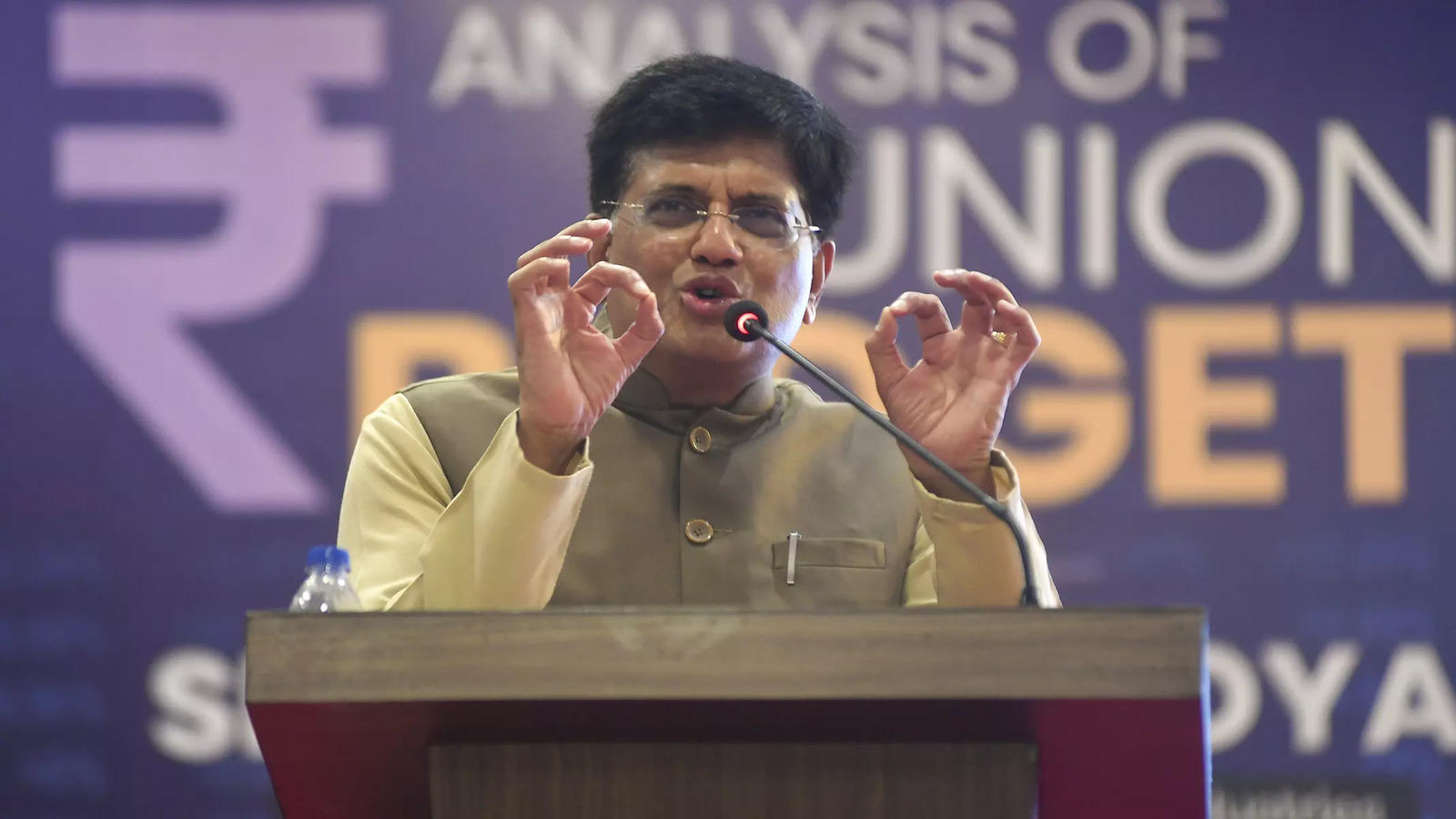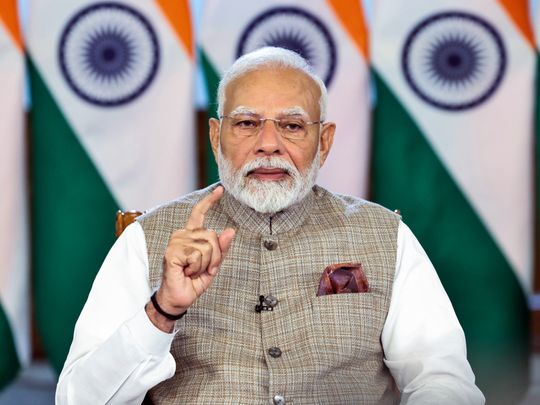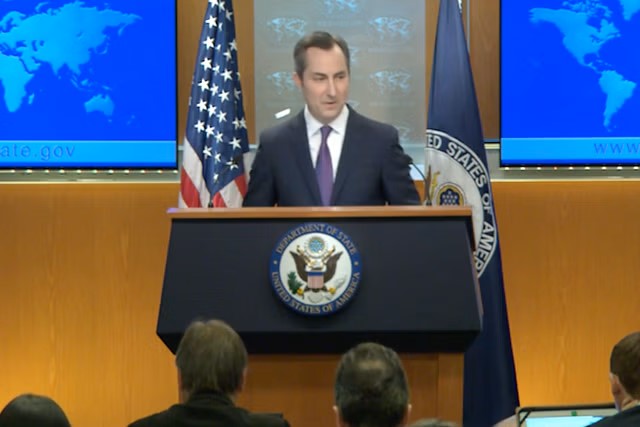In a significant move to bolster nutrition for school children across the country, the Government of India has announced an enhancement of the ‘Material Cost’ under the Pradhan Mantri Poshan Shakti Nirman (PM POSHAN) Scheme. This initiative, which provides one hot cooked meal to over 11.20 crore children in Government and Government-aided schools every school day, aims to not only address classroom hunger but also improve student attendance and participation, especially among those from economically disadvantaged backgrounds.
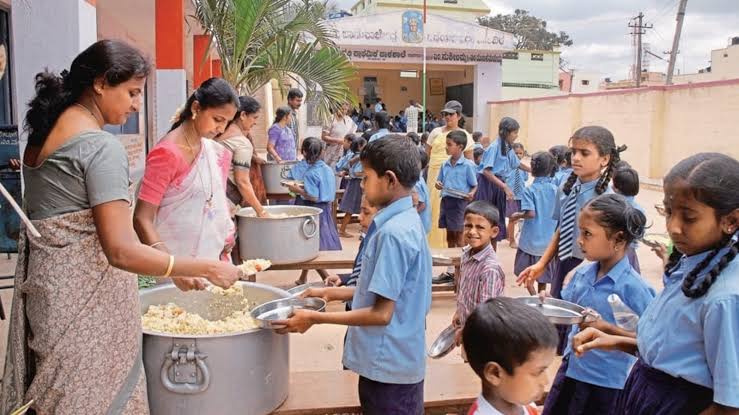 The revision in material cost comes in response to rising inflation, as measured by the Consumer Price Index for Rural Labourers (CPI-RL), data for which is compiled by the Labour Bureau across 600 villages in 20 states. Based on this data, the Ministry of Education has approved a 9.5% increase in the material cost effective from May 1, 2025. The updated rates will see a modest yet meaningful hike in the amount allocated per child per meal. For children in Bal Vatika and primary classes, the cost will rise from ₹6.19 to ₹6.78, and for upper primary students, from ₹9.29 to ₹10.17. This enhancement represents an additional financial commitment of approximately ₹954 crore by the Central Government for the fiscal year 2025-26.
The revision in material cost comes in response to rising inflation, as measured by the Consumer Price Index for Rural Labourers (CPI-RL), data for which is compiled by the Labour Bureau across 600 villages in 20 states. Based on this data, the Ministry of Education has approved a 9.5% increase in the material cost effective from May 1, 2025. The updated rates will see a modest yet meaningful hike in the amount allocated per child per meal. For children in Bal Vatika and primary classes, the cost will rise from ₹6.19 to ₹6.78, and for upper primary students, from ₹9.29 to ₹10.17. This enhancement represents an additional financial commitment of approximately ₹954 crore by the Central Government for the fiscal year 2025-26.
The PM POSHAN Scheme covers key food items such as pulses, vegetables, oil, and spices. Quantities are tailored to meet the nutritional requirements of different age groups, with flexibility for spices, condiments, and fuel based on local needs. The scheme already includes a robust contribution from the Centre, which supplies around 26 lakh metric tonnes of foodgrains annually through the Food Corporation of India. The government fully subsidizes both the cost of foodgrains—estimated at ₹9,000 crore per year—and the transportation to schools, ensuring meals reach children in even the remotest parts of the country.
Currently, the estimated per meal cost, once all components including foodgrains and logistics are factored in, stands at approximately ₹12.13 for Bal Vatika and primary students, and ₹17.62 for those in upper primary classes. While the minimum contribution by states is mandated, several states and Union Territories have gone beyond their obligations, supplementing the scheme with additional resources to further improve the quality and nutritional value of the meals provided.
This enhancement reflects a thoughtful and compassionate policy approach, acknowledging the vital role mid-day meals play in shaping not just physical health but also the academic potential and well-being of India’s future generations.

